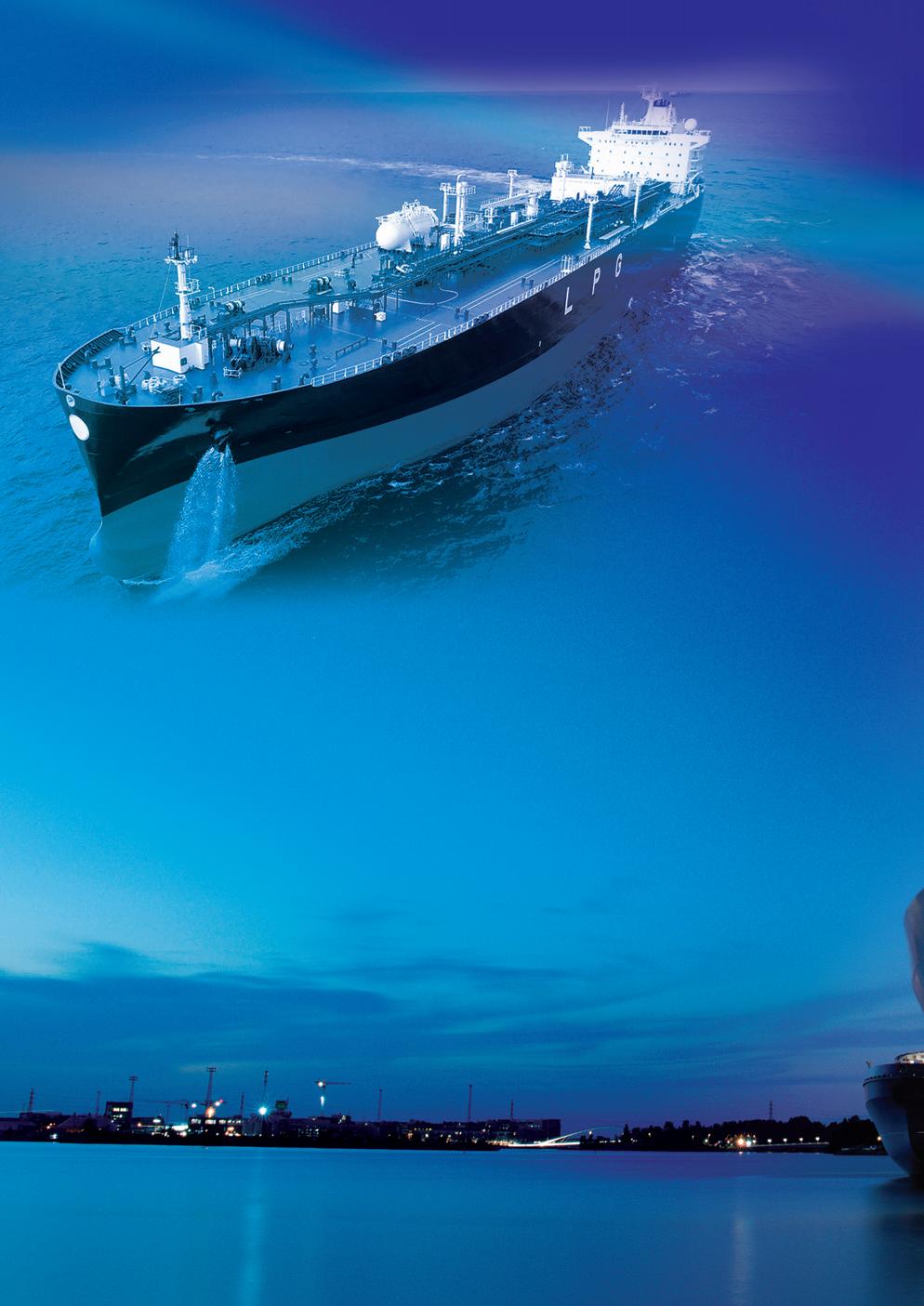
7 minute read
Teamwork makes
NAUTICAL MARINE MANAGEMENT I PROFILE
Nautical Marine Management Services is quietly changing the face of India’s shipping management industry. With a successful track record of delivering a variety of services to the famously competitive shipping industry, this family-owned company is a study in patience, persistence and carefully considered decision-making. Managing Director Aishwarya Pilankar spoke to Richard Hagan about what it takes to build one of India’s most successful marine management firms.
Advertisement
Aishwarya Pilankar and her husband, Nandakishor Pilankar, established a small maritime business offering technical repairs on offshore projects and assisting those clients with their crew requirements.
The arrangement was that Mrs Pilankar would be responsible for the administrative, crewing, logistical and financial side of the business, while Mr Pilankar would handle the technical, maintenance and engineering aspects of the vessels under its care. This proved to be a great decision.
Having the two partners each operating in the areas within which they were most skilled is a strategy that helped to launch and maintain the company’s successful trajectory.
Nautical Marine Management Services’ next evolution would come when the company purchased vessels involved with oil exploration. This marked the start of its interests in the oil business, leading to the company first managing tankers on behalf of other owners, and then buying its own tankers several years later, in 2016.
Surprisingly, just before Covid hit, the company made a strategic decision to sell a few of its remaining vessels. The fortunate timing of this reduction in risk and overhead right before the worst of the pandemic arrived, helped the company successfully weather the effects of lockdowns and the other financial impacts of Covid on the business.
Today, Nautical Marine Management Services manages more than 60 vessels on behalf of other owners. It offers a range of services including crew management and training, logistics, maintenance, drydock project management, and importantly, ship chartering and brokering.
Growth and vessel ownership
“The business has grown, but we still want to grow a lot. We’ve got a long way still to go,” said Ms Pilankar. “We plan to own vessels again but we’ll wait until after the worst of Covid is over. Perhaps sometime in late 2022.”
Ms Pilankar said that in the short-term, she has reservations regarding capital investments, as she, her husband, and the rest of the Nautical Marine Management Services remain concerned about the current state of the Indian shipping market.
“The price bubble we’re seeing in shipping isn’t sustainable and the industry itself isn’t stable. While there might be a boom in shipping in other parts of the world, I don’t see one in India. There’s not as much capital flowing now. People and even the banks here are reluctant to invest capital; they’re risk-averse. Investors aren’t looking for the high-risk investments involved in shipping.”
This measured, conservative approach to decision-making within the company has ensured that today, Nautical Marine Management Services is a successful and vibrant global company, with a steady base of highly motivated, committed staff.
“Our head office is in Mumbai and we’ve got an associate office about nine hours’ drive from Mumbai. That’s my husband’s home town; there’s a new build yard there for smaller offshore vessels. We operate in collaboration with that yard to work on those vessels. We also have an associate office in Singapore and a chartering and brokering office in Lagos.”
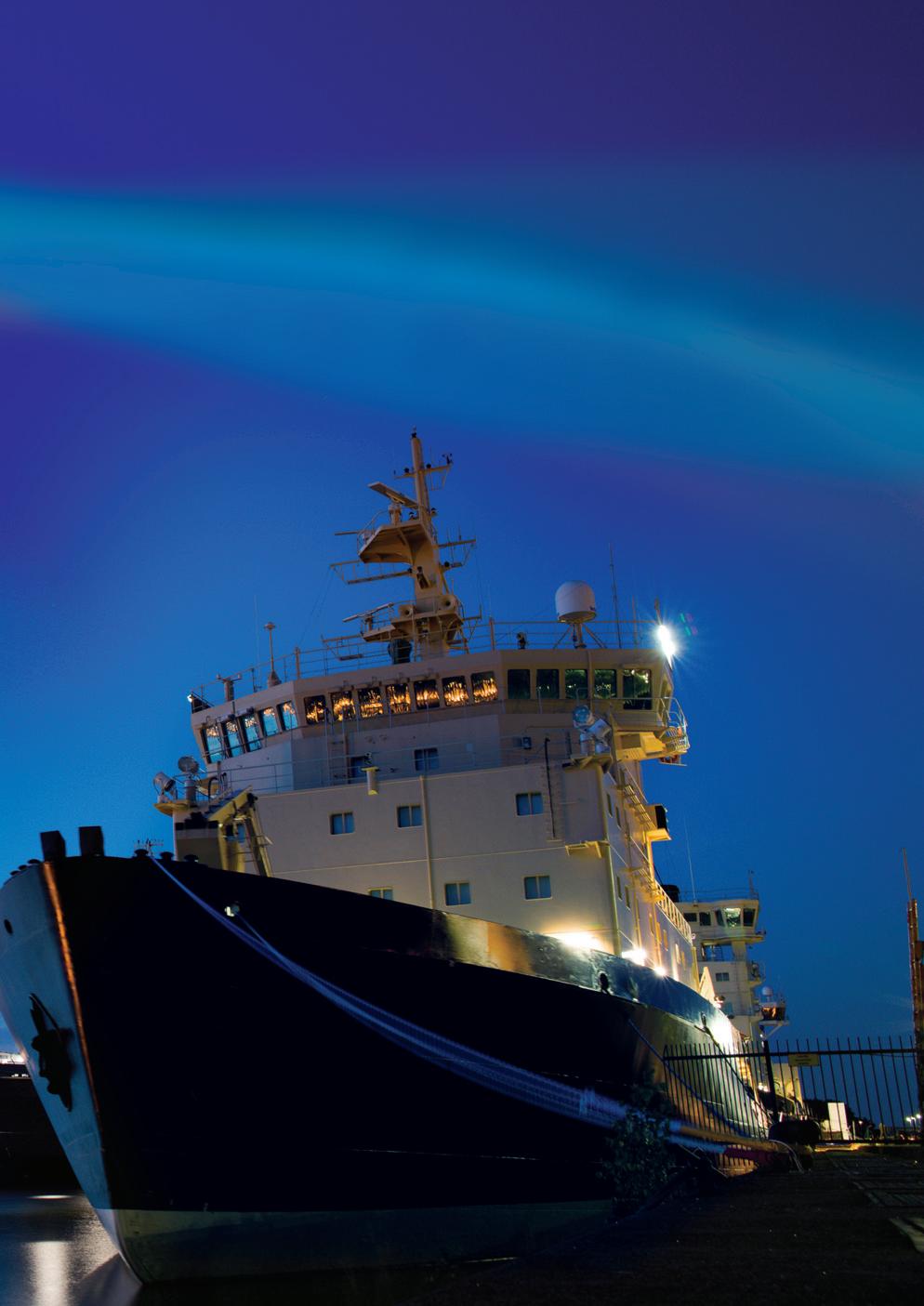
Managing Director Aishwarya Pilankar
NAUTICAL MARINE MANAGEMENT I PROFILE
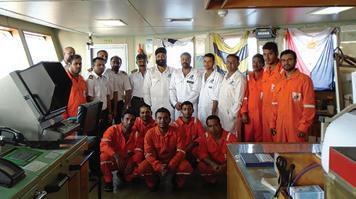
Altogether, the company employs close to 40 highly-trained staff ready to meet any client’s shipping needs, no matter where they or their ships are in the world. It also plans to employ additional staff in 2022. Impressively, many of its staff members have been with the company for very long periods of time.
“The most important thing that I’ve made sure of is that the people who have joined me are there for 15 or 20 years. They don’t want to leave me. That’s the culture here. All of them want to stay with me. None of them wanted to leave, even during Covid.”
Covid-19 and staff retention
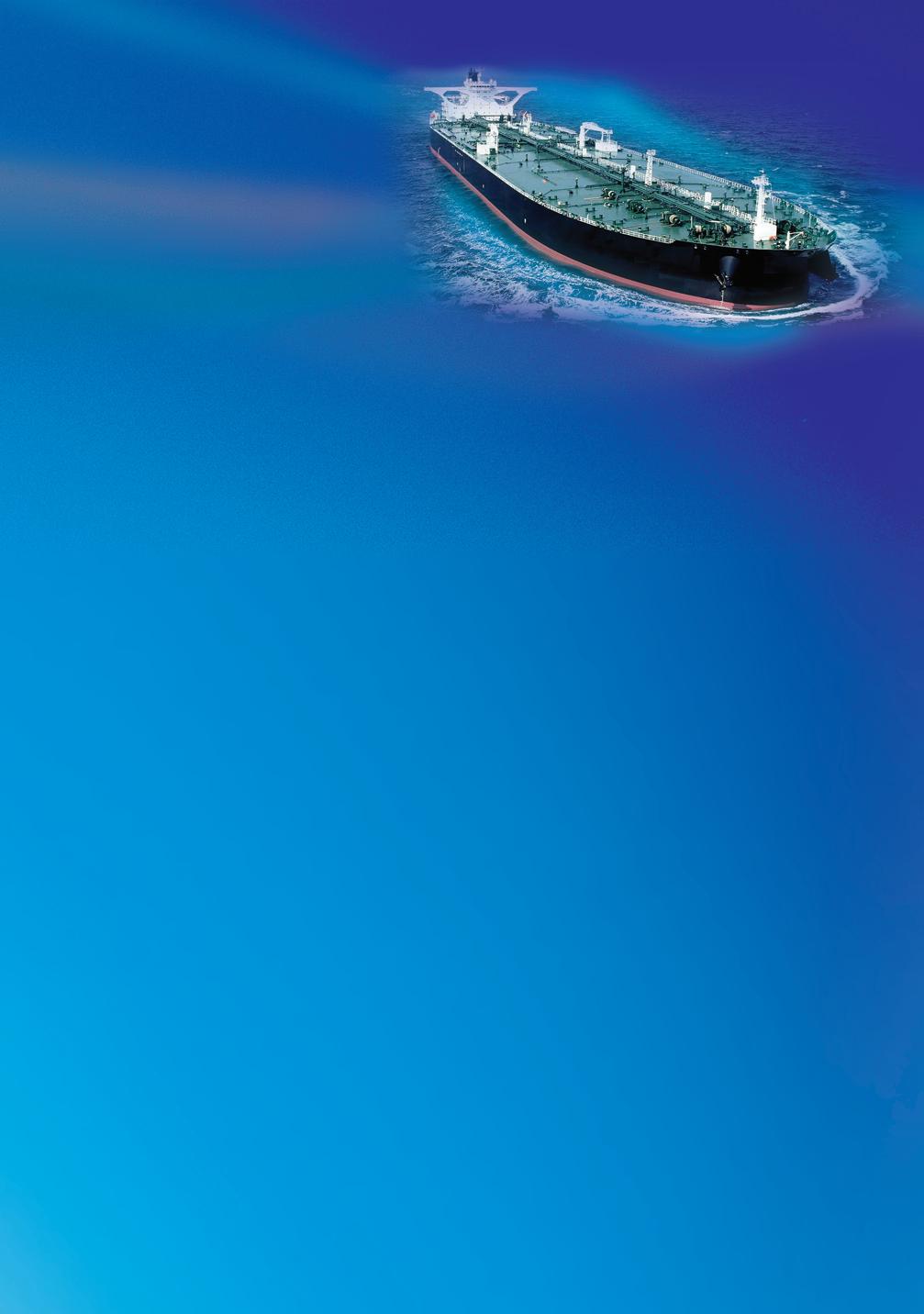
As per any other company, Nautical Marine Management Services had to manage some serious financial – and personal – challenges during the Covid-19 pandemic. Thanks to its constructive relationship with its staff, the business was able to weather the storm.
“During the initial stages of Covid, we kept pay levels the same despite business being quiet,” disclosed Mrs Pilankar. “But when that became unsustainable a few months later, we had a big staff meeting and everybody agreed to reduced pay for the next eight months to help see the company through that period. We resumed normal salaries as soon as we could and didn’t lose any staff. Everybody wanted to stay, so they were all happy with that arrangement.”
Ms Pilankar credits the staff’s commitment to the company, to her consistent and fair management style, and constant training.
“The staff feel like family. I don’t push them hard. Instead, I give them deadlines to finish a task and I tell them that they can go home whenever they want, as long as they finish the job. They can finish it in two hours and go home; it’s up to them as to when they finish it. It incentivises them.”
The company is certainly flexible and accommodating, but its staff aren’t able to sit on their laurels – they’re expected to get stuck in wherever needed.
“I’m not someone who wants lots of people around me, so I prefer to give the staff more multi-tasking jobs,” revealed Ms Pilankar. “Staff training is very important to me and as a result, my office staff are now all multi-skilled. I’ve trained them differently compared to our competitors.”
Ms Pilankar’s commitment to her staff is only equalled by her commitment to her relationships with her suppliers.
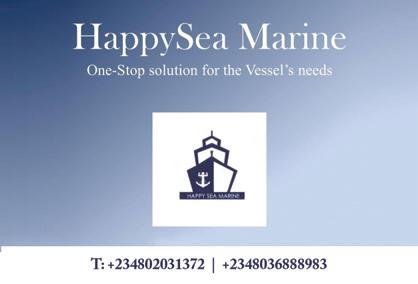
The importance of supplier relationships
It’s clear that Nautical Marine Management’s suppliers are a key component to the company’s ability to deliver on its commitments to its customers. According to Ms Pilankar, the onset of Covid has only accelerated those demands.
“With Covid, it’s really difficult; We find ourselves having to arrange ten things to be delivered at one place at one time. But I think we’re succeeding and I hope we continue to do so.”
The current situation has made supplier relationships all the more important as the company continues to impress its customers.
“Our relationships with our suppliers are extremely important. The most important thing for us is to understand each supplier’s culture and how they want to work. We look at things like their return policies and their payment terms. Those issues have to work for us. I’ve retained many of our suppliers for some time now because even though we’re getting new ships and equipment in, the long-term processes and relationship building remain the same,” she said.
Philosophies on business and family
Family and business don’t always mix successfully and as we’ve all seen in organisations around the world, it can be either a blessing or a curse. But for Nautical Marine Management Services, it’s been the company’s secret sauce for success. Mrs Pilankar has a uniquely philosophical view on the family dynamic involved in the way she runs her business, her expectations for it and on her personal life.
“I run the business, but I’m okay with not making a huge amount of money for myself because I like doing what I’m doing. And even after 25 years of this, I’m still not 100% done with what I want to achieve. I want to go on learning more and doing more. To do that, I need my people around me and for that, they need to be paid well.
“You may feel that I’m not a typical business person but that’s okay. That’s who I am. I’ve also made my husband okay with it. He has to be okay with it!” she said, laughing. “That’s the advantage of a family business. I couldn’t do that with anybody else running the business with me!” n












